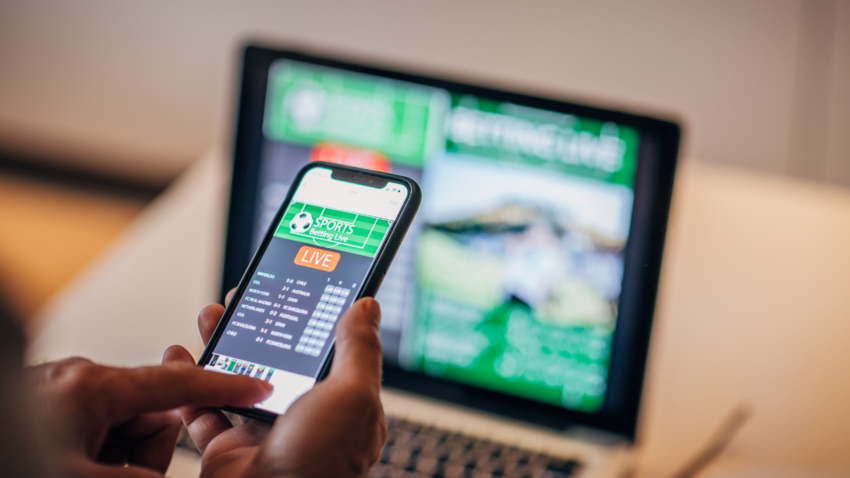Pacific influencers reject gambling offers as concerns grow over harm in Pasifika communities

Pacific influencers are turning down lucrative offers from offshore gambling companies, some worth tens of thousands of dollars, citing concerns about the harm gambling causes in their communities.
The Department of Internal Affairs (DIA) and Inland Revenue (IRD) have already cracked down on influencers in New Zealand found promoting unlicensed gambling websites, warning that such endorsements are illegal and carry penalties. Despite this, gambling agencies continue to target content creators, with Pasifika and Māori influencers often at the top of their lists due to their large youth audiences.
Samoan influencer Joe Fa’agase said the scale of the offers shows how much companies value Pacific voices. “I’ve definitely noticed a rise in gambling companies reaching out. Personally I’ve been offered up to $4000 just for a single story and I know some creators who were offered even more. I saw one Māori creator who was offered half a million and it makes you realise how valuable our voices have become to these kind of companies.”

For Fa’agase, the decision to say no was about responsibility to his audience. “Personally I couldn’t bring myself to promote it knowing how hard gambling can hit our Pacific communities where many already face enough financial pressure. But also I absolutely understand that other Pacific creators may accept, everyone has their own reasons and circumstances and I have no judgments there.”
He added that the influence creators hold over young audiences was at the front of his mind. “My own decision came down to wanting to protect my audience, many of whom are young.”
Louis Davis, is the content creator who was offered over $500,000 to promote offshore gambling websites and turned the offer down. “We get hammered with emails every day, they’re pretty consistent,” he told Breakfast.

Growing up in Northland, Davis said he witnessed the impacts of gambling firsthand. “I see the harm of this in my communities, and what it takes from us. There’s a reason they give money to people that look like me. They’re going after my community.”
He added that stricter rules are needed to protect vulnerable people. “I would love to see changes around the rules of advertising, so people don’t continue to be tempted by offers from gambling companies.”
Community leaders say the stance taken by influencers like Fa’agase and Davis is significant, particularly for Pacific families who are already at higher risk of gambling harm.
“We continue to see gambling harm showing up in very real ways for Pacific families,” said Mapu Maia CEO Tuala Pesio Ah-Honi. “Financial hardship is one of the most common, with unpaid bills and mounting debt leaving households struggling. This often leads to broken relationships, children going without essentials like shoes, lunches, or even food in the home.”
Mapu Maia is Aotearoa New Zealand’s only Pasifika-specific gambling harm service.
Ah-Honi said the social costs are just as severe. “Amongst the community we also see high levels of mental distress such as anxiety, depression, and in some cases suicidal thoughts. Gambling harm can also connect to crime such as theft, burglary, or drug involvement, and it is closely linked to family and domestic violence.”
Research shows Pacific peoples are more than three times as likely as the general population to experience moderate to severe gambling harm. Māori are more than twice as likely.
Ah-Honi also warned that young people are especially vulnerable. “The impact of gambling advertising and promotion on young people is very significant. Influencers and public figures often glamourise gambling, sending misleading messages to youth. With young people spending more time on social media, they are highly impressionable to what they see from these champions and influencers. At the same time, industries such as TAB sports betting entice young people to gamble online.”
Mapu Maia have recently launched Lead with Love, a new campaign encouraging Pasifika to seek support without fear or shame. (Support and resources here)

As Aotearoa New Zealand’s only Pasifika-specific gambling harm service, Mapu Maia says the kaupapa is designed to challenge stigma and create safer pathways for people to reach out. While Pacific and Māori communities are disproportionately impacted by gambling harm, many remain silent due to judgement and institutional barriers.
As Fa’agase put it, rejecting offers is about protecting the next generation. “My own decision came down to wanting to protect my audience, many of whom are young.”
-
The Gambling Helpline, 0800 654 655, 7 days a week. The Gambling Helpline is also available by texting 8006.
- Māori Gambling Helpline - 0800 654 656
- Vai Lelei Pasifika Gambling Helpline - 0800 654 657
- Youth Gambling Helpline “In Ya Face” - 0800 654 659
- Gambling Debt Helpline - 0800 654 658
